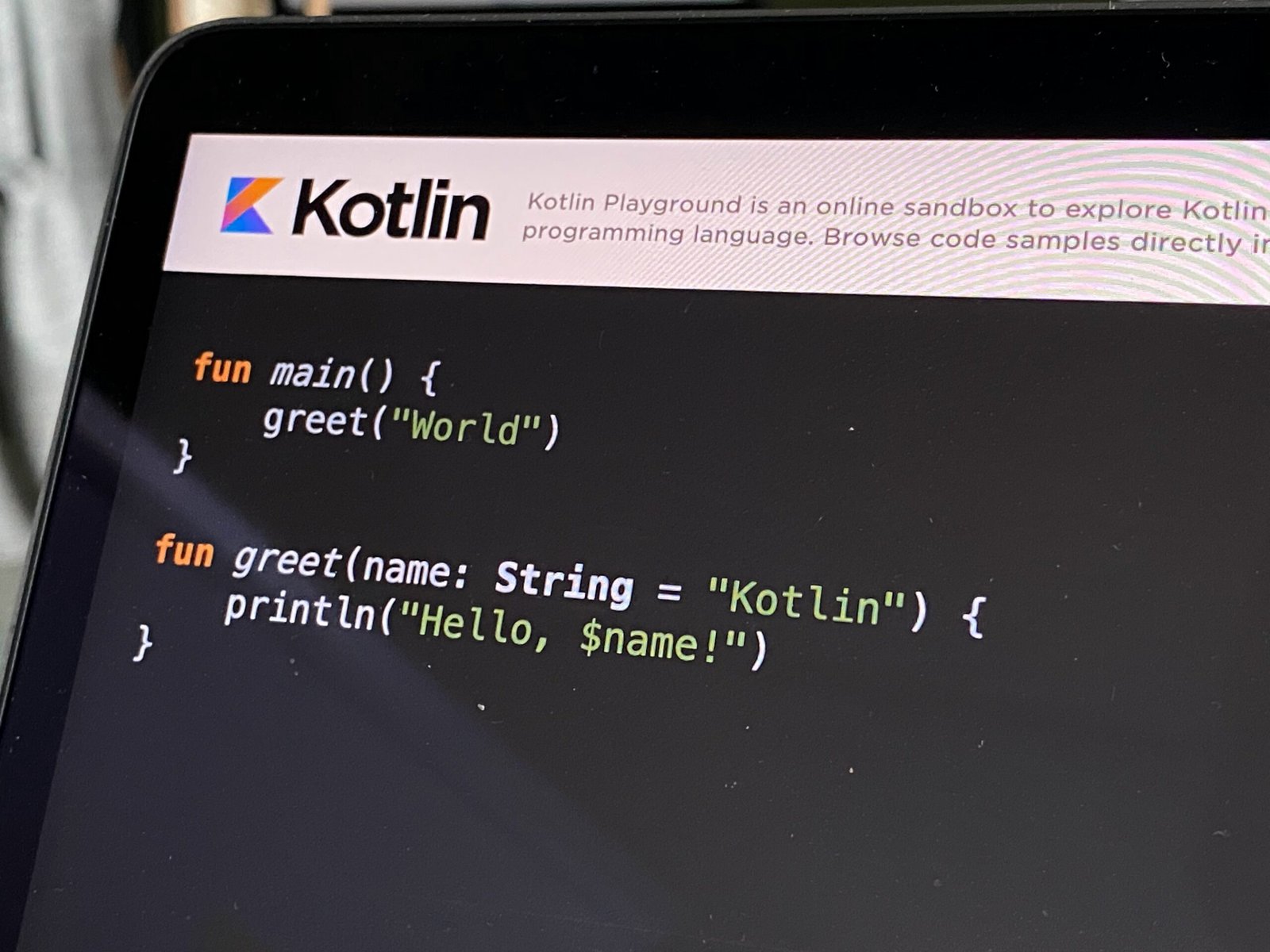Interview Questions and Answers on Kotlin Language

Introduction
Kotlin is a statically-typed programming language developed by JetBrains. It is designed to be fully interoperable with Java and offers a more concise syntax and improved safety features. If you are preparing for a Kotlin interview, here are some common questions and their answers to help you showcase your knowledge and skills.
1. What is Kotlin?
Kotlin is a modern programming language that runs on the Java Virtual Machine (JVM). It is fully interoperable with Java, which means that Kotlin code can be called from Java and vice versa. Kotlin is known for its conciseness, safety features, and null safety.
2. What are the key features of Kotlin?
Kotlin has several key features that make it a popular choice among developers:
- Null safety: Kotlin provides built-in null safety features, reducing the risk of null pointer exceptions.
- Concise syntax: Kotlin offers a more concise syntax compared to Java, making the code more readable and less verbose.
- Interoperability: Kotlin is fully interoperable with Java, allowing developers to use existing Java libraries and frameworks.
- Coroutines: Kotlin provides native support for coroutines, which makes asynchronous programming easier and more efficient.
- Data classes: Kotlin provides data classes that automatically generate useful methods such as equals(), hashCode(), and toString().
3. What is the difference between val and var in Kotlin?
In Kotlin, val is used to declare a read-only variable, while var is used to declare a mutable variable. Once a value is assigned to a val, it cannot be changed, whereas a var can be reassigned.
4. What is the difference between a class and an object in Kotlin?
In Kotlin, a class is a blueprint for creating objects, while an object is a single instance of a class. Classes can be instantiated multiple times, whereas objects are created only once and are accessible globally.
5. How does Kotlin handle null safety?
Kotlin has built-in null safety features to prevent null pointer exceptions. In Kotlin, the type system distinguishes between nullable and non-nullable types. To declare a nullable type, you can use the ? operator. When accessing a nullable type, you need to use the safe call operator (?.) to handle null values.
6. What are extension functions in Kotlin?
Extension functions allow you to add new functions to existing classes without modifying their source code. They are defined outside the class and can be called as if they were regular methods of the class. Extension functions in Kotlin provide a way to extend the functionality of existing classes, including classes from external libraries.
7. What are higher-order functions in Kotlin?
Higher-order functions are functions that can take other functions as parameters or return functions. In Kotlin, functions are first-class citizens, which means they can be assigned to variables, passed as arguments, and returned as values. Higher-order functions enable functional programming paradigms and allow developers to write more concise and expressive code.
8. How does Kotlin support coroutines?
Kotlin provides native support for coroutines, which are used for asynchronous programming. Coroutines allow developers to write asynchronous code in a sequential manner, making it easier to understand and maintain. Kotlin coroutines are lightweight and provide built-in support for cancellation, exception handling, and concurrency.
9. How can you handle exceptions in Kotlin?
In Kotlin, exceptions are handled using try-catch blocks. You can catch specific exceptions using the catch keyword followed by the exception type. Kotlin also supports the finally block, which is executed regardless of whether an exception is thrown or not. Additionally, Kotlin provides the throw keyword to throw custom exceptions.
10. How can you perform type casting in Kotlin?
In Kotlin, type casting can be done using the as operator. The as operator is used to cast an object to a specific type. If the casting is not possible, it will throw a ClassCastException. Kotlin also provides the is operator to check the type of an object before casting.
Conclusion
Kotlin is a powerful and versatile programming language that offers numerous advantages over traditional languages like Java. Being familiar with Kotlin’s key features, syntax, and best practices will help you excel in Kotlin interviews. By understanding and confidently answering these commonly asked questions, you can showcase your expertise and increase your chances of landing a Kotlin development role.
